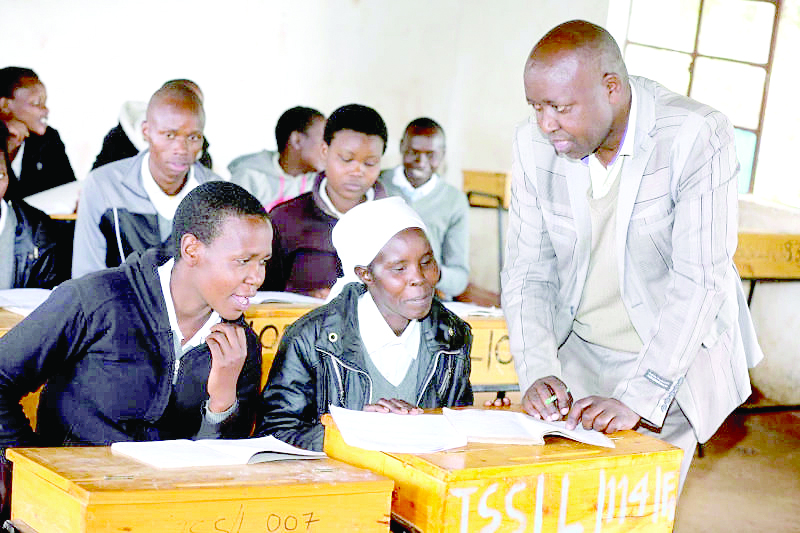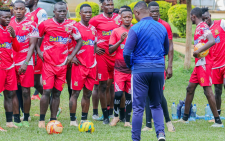Inadequate staff, stigma hinder Nyeri adult learning

A stretched, demoralised staff and societal stigma attached to adult learning are contributors to the dwindling number of candidates enrolling in the Adult and Continuing Education (ACE) learning programme.
So serious is the situation that the county risks retrogressing to illiteracy levels worse than those of 2007.
County ACE Director Chris Mokaya says while the lean staff under his command is doing all it can to keep everything running, the sustainability of the programme will require more resources and an all-out approach by both the national and county governments.
This year, the county has registered a total of 73 adult learners for the ongoing Kenya Certificate of Primary Education (KCPE) and a further 661 candidates for the Kenya Certificate of Secondary Education (KCSE).
Creating awareness
Among the adult learners sitting for this year’s KCPE exams are 19 male inmates who are serving various custodial sentences at the King’ong’o Maximum Prison.
“In Nyeri, there is a very low level of enrolment due to the stigma associated with adult learning. People don’t want to say that they are illiterate. People don’t want to say they didn’t go to school or dropped out of school at this level. We need to start creating awareness, but our hands are tied because creating awareness requires resources. People need to know what we do, but we have not achieved that. So enrolment is very low, and that is why the illiteracy level remains. Perhaps it has even gone higher than it was in 2007,” he said.
According to the 2007 Kenya National Adult Literacy Level, the minimum mastery level in literacy in Nyeri stood at 76 per cent, against a national average of 66 per cent.
In terms of a demoralised staff, Mokaya says there are only 15 permanent teachers and an additional 55 part-time instructors working in the eight sub-counties with limited or no resources.
He says enthusiasm among part-time instructors is at an all-time low due to poor remuneration and a lack of clarity about the fate of their careers, forcing many of them to concentrate on other income-generating activities.
A part-time instructor is paid a Sh2,000 monthly stipend and is required to work for two to three hours every week.












